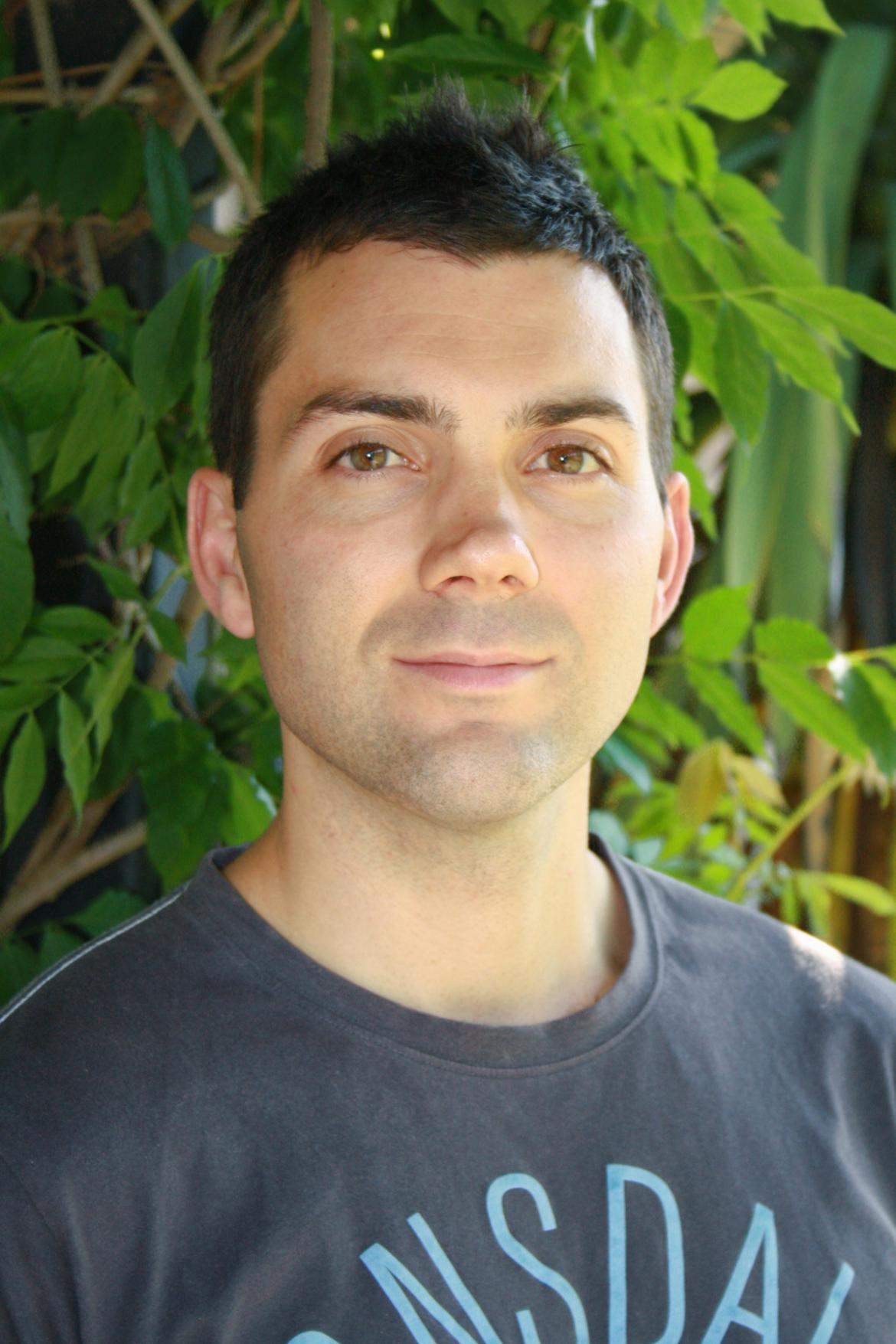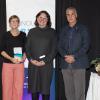
April 11, 2012 - 2:15am
“Immense pride.”
That’s what Vancouver Island University Biology professor Dr. Tim Goater felt when he opened a recent issue of Nature magazine.
A research article in the prestigious international science journal was written by one of his former students, Dr. Aaron Jex.
Jex grew up in Nanaimo, attended John Barsby Secondary and VIU, and now is an award-winning scientist working at the University of Melbourne in Australia where he studies parasites.
The Nature article profiles his work with Professor Robin Gasser from the University of Melbourne’s Faculty of Veterinary Science. They led an international team of scientists which sequenced the genome of the common roundworm (Ascaris suum).
The article discusses how researchers hope the genetic roadmap of the worm, which infects pigs, can lead to the development of treatments for both animals and humans.
“Aaron is one of the leading experts in his field,” said Goater. “Getting published in Nature is a big deal in the world of science. We are very proud of him.”
Jex has been on pathway to international acclaim ever since graduating from VIU with a Bachelor of Science, Major in Biology in 2000. Straight out of VIU, he received the Queen Elizabeth II Centennial Scholarship from the Government of British Columbia to pursue a PhD at the University of Queensland in Australia. He completed a PhD after receiving the prestigious Linkage International Australian Postdoctoral Fellowship by the Australia Research Council.
Since then, Jex has earned a long list of accolades for his research, including VIU’s Alumni Horizon Award, the Australian National Health and Medical Research Council's Achievement Award for 2010, and the Peter Nansen Young Scientist Award from the World Association of the Advancement of Veterinary Parasitology in recognition of his outstanding achievements since graduation.
He returns to North America next summer to receive his latest award – The Siemen's Young Healthcare Diagnostic Investigator of the Year Award from the American Society for Microbiology, to be awarded at the annual general meeting in San Francisco, in recognition of his research in developing better tools to detect and control waterborne diseases.
Jex’s parents, Rick and Katy Jex, who still live in Nanaimo, are also proud of their son’s achievements. “Aaron’s success is due to his own hard work but largely to his professors at VIU,” said mom Katy. “That’s where it all began.”
Jex’s roundworm research profiled in Nature was conducted in collaboration with BGI-Shenzhen, China, the University of Ghent, Belgium, the University of Copenhagen, Denmark, California Institute of Technology, USA, the Ontario Institute for Cancer Research, Canada, and Macquarie University, Sydney.
“This particular parasite, Ascaris suum, is a close relative and excellent model for a really important parasite in humans called Ascaris lumbricoides,” explained Jex. “We use a similar sequencing technique as a model for both parasites.”
“While Ascaris suum causes billions of dollars in production losses in the pig industry, Ascaris lumbricoides affects approximately 1.2 billion individuals globally and kills around 135,000 people - mainly children - each year in developing regions of Southeast Asia, China, South America and Africa,” he said.
The adult roundworms reach up to 20 centimetres in length, and eggs are accidentally ingested by humans from contaminated food or water. Adult worms inside the host’s intestine cause malnutrition due to lack of nutrient absorption, leading to serious, long-term physical and cognitive problems in children, and can physically block or perforate the intestine, often resulting in death.
With very few drugs currently used to treat humans or animals, Jex said it is critical that new treatments are developed.
“There haven’t been huge advances in developing drugs for these things for quite some time. If the parasites become resistant to existing drugs, we don't have a back up. There is a major global push to increase focus on these and other 'neglected' parasites, however, to do this, we need to know a lot more about them. By sequencing the genome, we have a massive resource to better understand the parasite, probe for weaknesses and, hopefully, develop new drugs to control the disease that it causes.”
Jex said he remains in contact with his VIU professors and hopes to visit them in Nanaimo when he brings his wife and daughter to see his parents next summer.
“In my work, I travel all over the world, attending and presenting at scientific conferences,” said Jex. “I often tell others about the quality of undergraduate education I received at VIU (Malaspina), mostly due to the diverse hands-on research experiences and personal contact with faculty.
“I still consider my former professors like Tim Goater and Allan Gibson close friends and mentors and I am amazed by the encouragement and support they still give me today.”
To view Jex’s article in Nature go to www.nature.com/nature/journal/v479/n7374/abs/nature10553.html
Tags: In the Community





